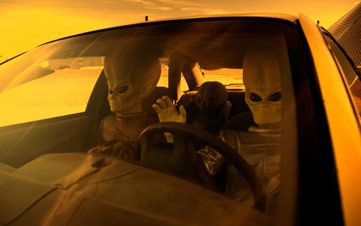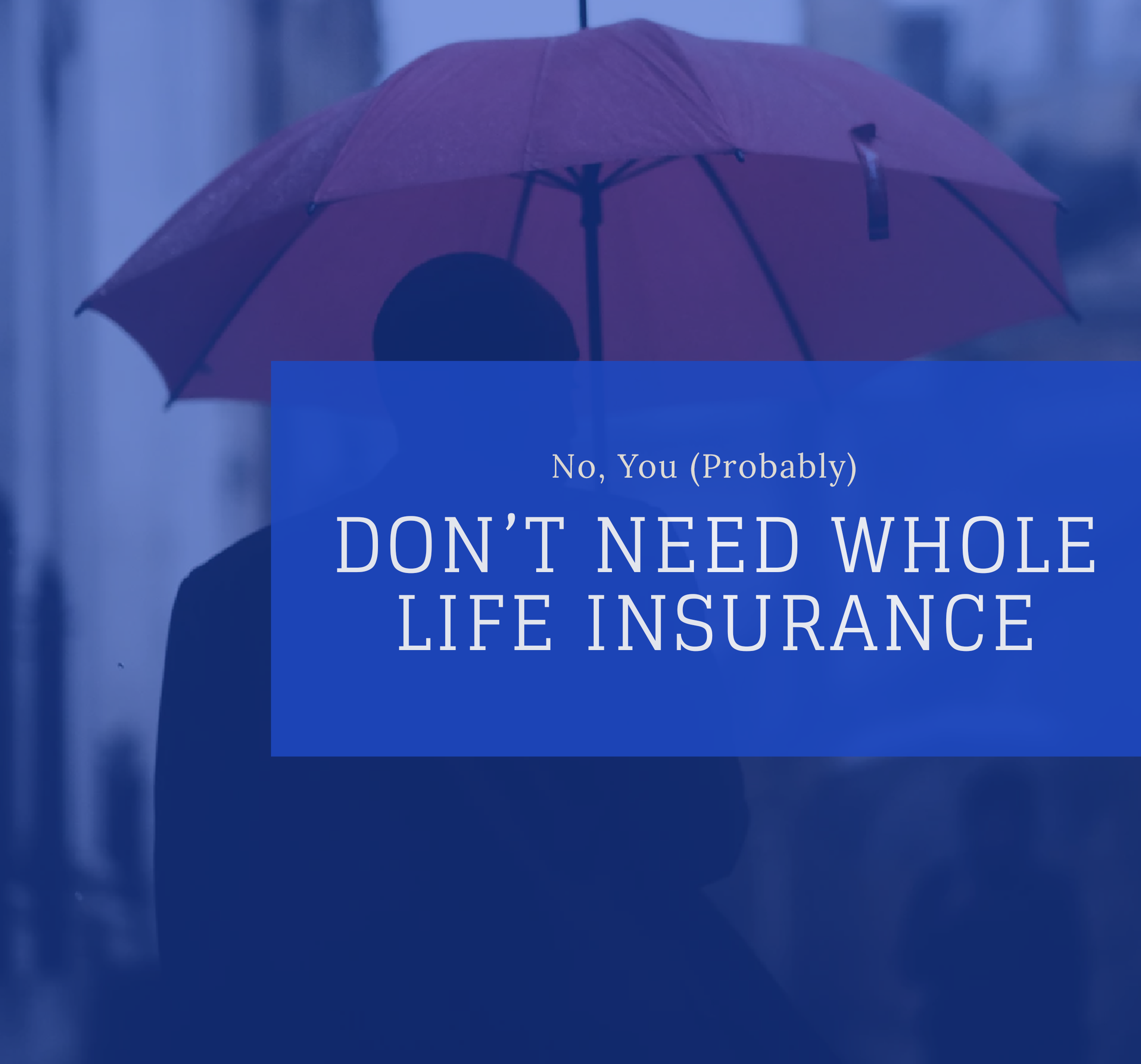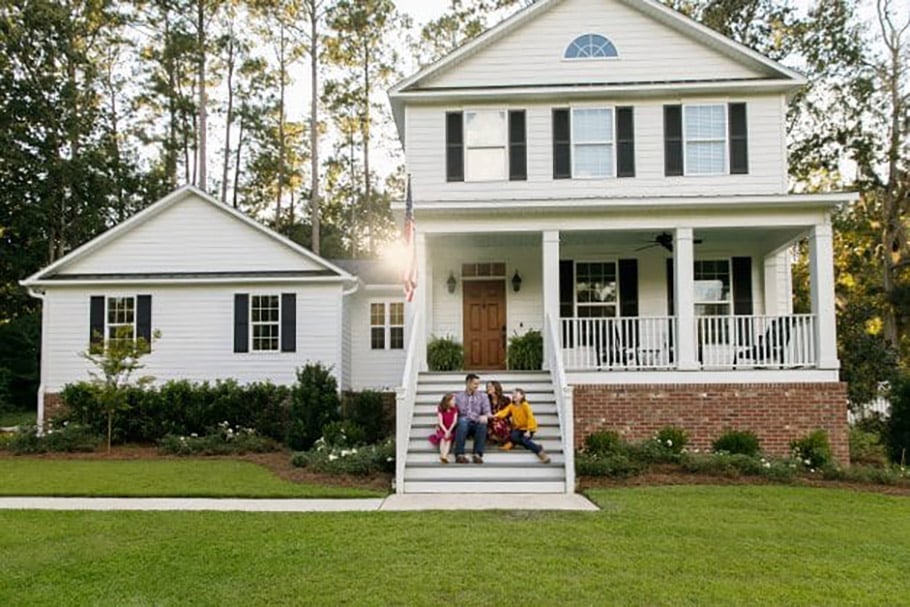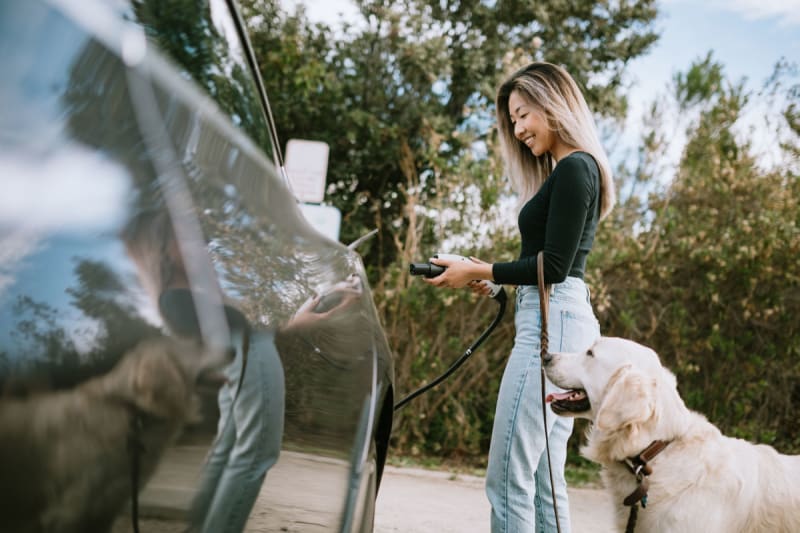You don't need to own a car to have car insurance. For those who drive often but never in their own vehicle, non-owner insurance offers an inexpensive way to ensure you’re covered in the event of an accident.
Non-owner car insurance is a liability policy for those who drive but don't own a car. Whether you rent or borrow a car often, or need to file for an SR-22 without a vehicle, a non-owner policy is a relatively inexpensive option to purchase auto insurance liability coverage. Non-owner auto insurance rates are often 5% to 15% cheaper than those for a standard policy. However, non-owner insurance isn’t the right choice for many people, including those who cohabit with a car owner or would otherwise be required to be listed on a car’s primary policy.
Non-owner insurance, also called non-drivers insurance, provides liability coverage for bodily injury and property damage when you are driving a vehicle you do not personally own. So, should you be in an accident with another driver and found to be at-fault, your non-owners insurance policy would shield you from lawsuits, just as a normal liability policy would.
Since there’s no specific vehicle a-signed to a non-owner auto insurance policy, it won’t include comprehensive or collision coverage. Therefore, it won’t cover damage to the car you’re driving, medical bills or other costs from injuries you sustain if you’re in a collision.
Typically, non-owner policies have no deductible, meaning you don’t have to pay any money yourself before coverage kicks in. This is because non-owner insurance is generally secondary coverage, utilized only if the car owner’s primary coverage isn’t sufficient to cover all damages.
For example, let’s say you got into an accident while driving your friend’s car, and your friend’s insurance had a $25,000 limit for property damage liability. If you had caused $40,000 of damage, you would be responsible for the excess $15,000 in damages. This amount would be covered by your non-owners policy, but only if it included at least $40,000 of property damage liability coverage. Unless your non-owners liability limits are greater than those of the person whose car you’re driving, your non-owners insurance won’t come into play.








/retirement-lrg-2-5bfc2b1e46e0fb00260b1123.jpg)














